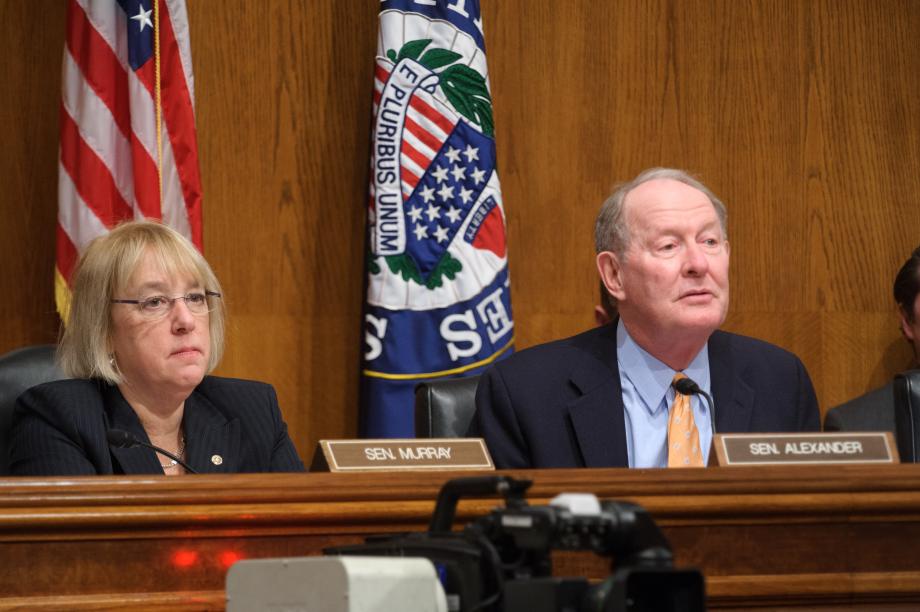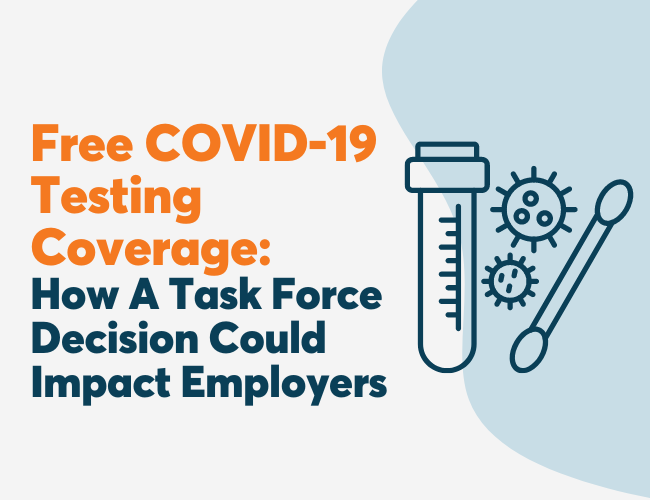In late January, the Senate Health, Education, Labor, and Pensions (HELP) Committee organized a hearing in response to employer consternation about the Equal Employment Opportunity Commission (EEOC) moves to take employers to court over wellness programs. During the hearing, Democrats expressed support for wellness programs and noted that the Patient Protection and Affordable Care Act (PPACA) encourages employer use of wellness programs, and witnesses representing large employers noted that the EEOC has gone after employers through litigation before even issuing guidance addressing interactions between PPACA, the Genetic Information Nondiscrimination Act (GINA), and the Americans with Disabilities Act (ADA).

The problem with this hearing, as it relates to high performing companies, is the focus on legality. Let’s assume we all agree that employers should not discriminate through their wellness program and the EEOC should provide clear guidance to help employers avoid any gray areas. I think we would all agree that effective wellness programs should empower people to live healthier and happier lives while providing financial benefits to the person (employee) and their health plan sponsor (employer).
The question, in our mind, is not an issue of legal right. Rather, it is a question of whether or not an employer is furthering their strategic objectives by implementing such a program. Are employees participating in the program because they want to improve their health or because of the penalty? Is an employer creating a program that is attracting and retaining high quality employees? Win or lose, is the publicity of the lawsuit good for business?
Wellable believes in putting people first and that wellness is something employers should do for their employees, not to them. The best way to have a successful program is to achieve these objectives simultaneously:
- Employees appreciate the program and want to participate (you can measure this by engagement)
- Employers realize cost savings, improved productivity, and a happier, more satisfied workforce
- Outsiders of your organization view your program as a benefit and associate your company with a positive image (this helps with recruitment, brand equity, and much more)
Rather than focus on the legality of programs, employers should put the employee and their health at the center of their program, and as a result, they will see the financial gains follow. As for the government, clear guidance would be appreciated.
For more information on wellness regulations, see Part 1 and Part 2 of our series on the subject.












